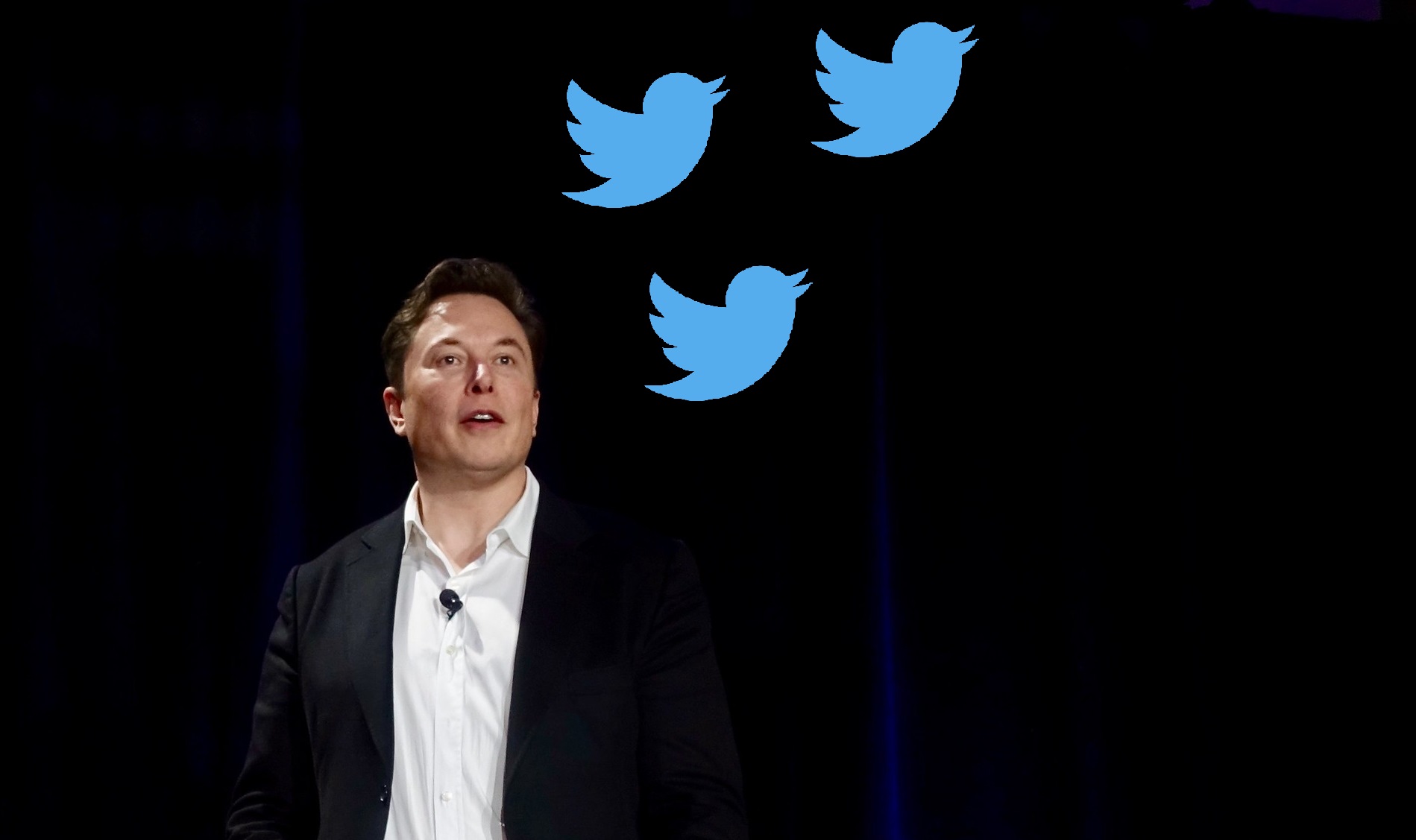
In October 2022, Elon Musk purchased the social media platform Twitter, shelling out $44bn (£38.1bn) to take over the company. Musk is the world’s richest person valued at $250bn. Immediately top executives and half of Twitter’s 7,400 employees were fired (along with thousands of contractors). Chief Executive Parag Agrawal was paid $38.7m for the privilege. Musk called an immediate end to remote working, stating workers must be in the office for a minimum of 40 hours a week.
‘Fundamentally, Twitter aspires to be the most respected advertising platform in the world that strengthens your brand and grows your enterprise.’ – Elon Musk, 27 October
Why buy a social media company? At first Musk himself was unsure, at one stage backing out but then only eventually agreeing to the purchase after a Delaware court issued a deadline. As interest rates rocket, the banks who funded $13bn of the $44bn purchase have abandoned plans to sell the debt which is said to now potentially cost them hundreds of millions of dollars and is apparently unpopular as it is largely ‘comprised of junk-rated loans’ (Reuters). The banks could also not market the upcoming debt sale, as Musk refused to complete the deal on schedule.
Musk presents Twitter as a ‘digital town square’ where people of different views can come together and chat about the world. And, like a real modern town square, it is dominated by adverts. Twitter generated $5bn in 2021, 92% of which came from advertising. Yet all is not well. In 2021, Twitter had total costs and expenses of $5.6bn. According to an internal company message leaked to Reuters, the company aims to make $1.5-3m a day in new savings from servers and cloud services. In 2021 Twitter suffered a $537m loss after settling a lawsuit surrounding a dispute over board members and share prices. It spends about $1bn a year on interest costs.
The digital and financial services industry is in turmoil. According to Bloomberg, trading volumes in nonfungible tokens (NFT – digital art on the blockchain) have tumbled 97%, from $17bn in January 2022 to $466m in September. In November, Bahamas-based cryptocurrency exchange FTX filed for bankruptcy. Ex-FTX CEO Sam Bankman-Fried was once referred to as the ‘King of Crypto’ and his company once valued at $32bn.
Difficult times ahead
Twitter’s advertising revenue is under attack, as brands continue to cut spending and the general crisis continues. Chaos erupted as Musk tried to launch ‘Twitter Blue’ just days after purchasing the company. The $7.99 a month subscription service allowed anyone to become ‘verified’ on Twitter, receive a shiny blue tick on their profile and some special posting features. Musk tweeted: ‘We need to pay the bills somehow!’ To which author Steven King replied, ‘Fuck that, they should pay me.’ But this was only the beginning. Countless users began signing up to impersonate brands and celebrities. Pharmaceutical company Eli Lilly’s stock dropped 4.37%, erasing over $15bn after a fake Twitter Blue account impersonating the brand announced ‘insulin is free now’. GroupM (of WPP, the world’s biggest ad company) subsequently announced to its clients that buying ads on the platform is ‘high-risk’. Twitter Blue was pulled after two days.
But these are not problems for the world’s richest man, who has all the money and can say whatever he likes: on the one hand: ‘Twitter has had a massive drop in revenue, due to activist groups pressuring advertisers… Extremely messed up! They’re trying to destroy free speech in America.’ (Twitter, 4 November); on the other: ‘Twitter obviously cannot become a free-for-all hell-scape, where anything can be said with no consequences!’ Musk’s libertarian ideology is wearing thin. Twitter engineer Eric Frohnhoefer replied to Musk’s tweet criticising the platform’s code. Frohnhoefer was subsequently fired, as well as engineers Leib and Solomon who had replied to Musk in the thread. So much for the ‘free speech absolutist’.
The big tech lay-off continues. Rival social media firm Meta (Facebook) announced in November it will lay off 11,000 employees. Meta has lost $9.4bn on its gamble on the ‘metaverse’ virtual reality technology in 2022 so far. Meta’s stock price has dropped around 70% this year. Salesforce (software) has laid off hundreds of workers. Lyft Inc (taxi app) plans on cutting 10% of staff. Snap Inc (Snapchat) plans to lay off 20% of its workers. Amazon aims to lay off 10,000 people in November (potentially the largest in its history). Singapore-based Sea Ltd (software) has cut 7,000 jobs in the last six months.
On 16 November Musk issued an ultimatum to remaining Twitter workers that they must accept ‘long hours at high intensity’, and commit to an ‘extremely hardcore’ approach to work or quit their jobs. Reports emerged that 75% of Twitter workers rejected the proposal and Musk suddenly closed the Twitter offices. Dozens of employees announced their resignations on Twitter. Popular and official accounts on Twitter declared they are moving their social media to rival platforms. Twitter’s future remains uncertain. The next period will show us that under capitalism, companies are bought and sold often as quickly as they go bankrupt.
Anthony Rupert




